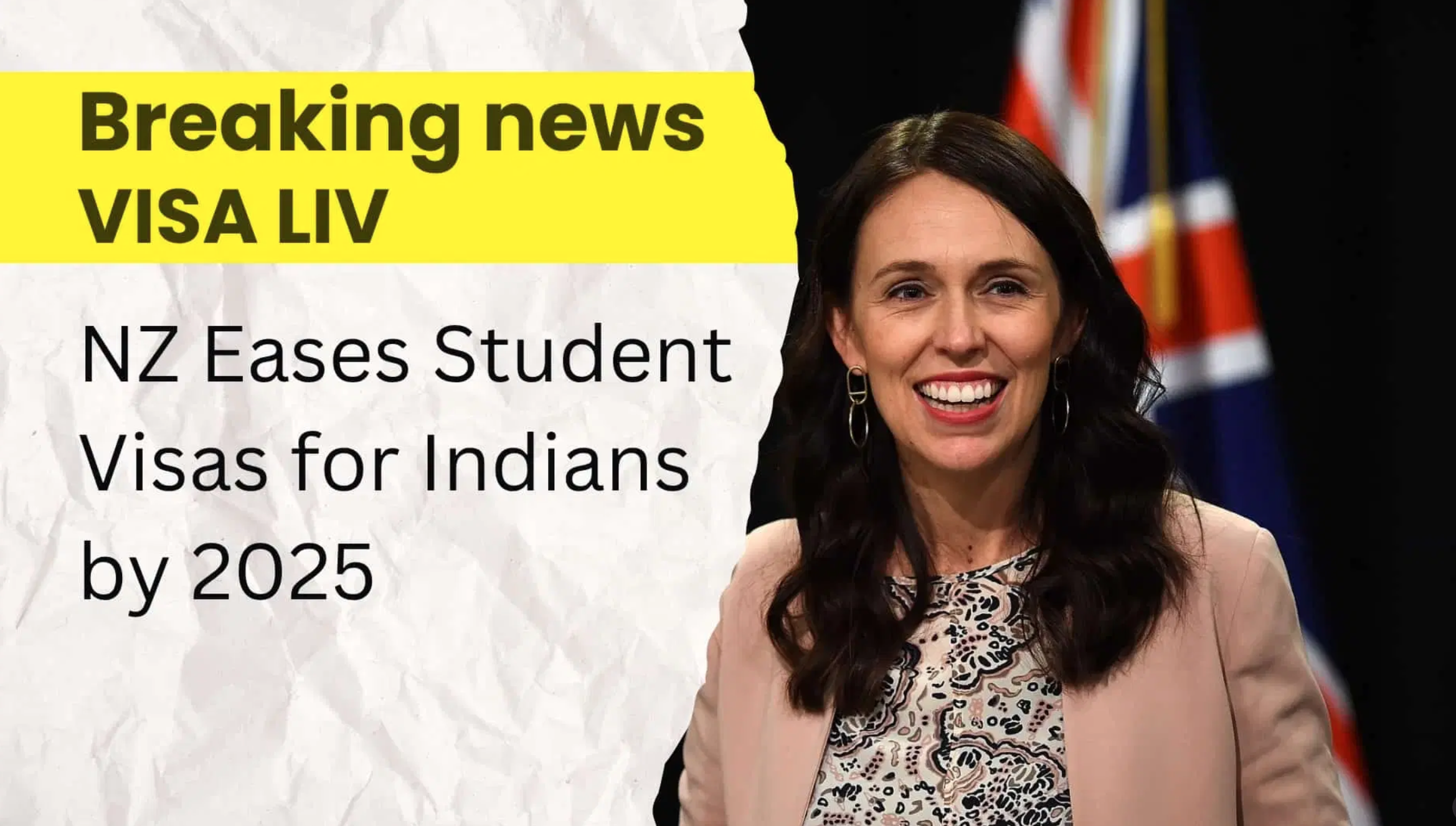New Zealand has removed the assessment requirement for Indian degrees, making it easier for Indian students and professionals to apply for visas under multiple work and study categories.
In a move that is set to benefit thousands of Indian students and professionals, New Zealand has officially expanded its List of Qualifications Exempt from Assessment. Effective from June 23, 2025, Indian academic degrees will no longer require additional evaluation under the International Qualification Assessment process for many immigration and visa pathways. This change is part of a broader revision that includes qualifications from countries like France, Germany, Italy, Singapore, South Korea, Sri Lanka, Sweden, and Switzerland.

Until now, students and skilled workers from India needed to undergo an assessment through the New Zealand Qualifications Authority to determine whether their academic credentials met the standards of local institutions. This process, known as IQA, was time consuming and often costly. With the latest update, degree holders from India applying under key categories like the Skilled Migrant Category, the Accredited Employer Work Visa, and Green List occupations can bypass this requirement entirely.
This marks the first time a South Asian country has been added to the exemption list, signalling New Zealand's growing recognition of India's educational reforms and university standards. The decision comes at a time when New Zealand is actively seeking to attract more international talent and strengthen its ties with global student communities. India already ranks among the top four source countries for international students in New Zealand, and the inclusion in the exempted list is expected to further boost student migration.
The change also complements earlier initiatives taken by the New Zealand government to attract Indian students. In 2025, the country introduced the New Zealand Excellence Awards, offering scholarships worth nearly thirteen million rupees. These scholarships support undergraduate and postgraduate students with grants of up to one million rupees each. Additionally, the extension of post study work rights allows graduates to stay in the country for up to three years and gain valuable employment experience, making New Zealand a more attractive destination compared to other study abroad options.

For Indian students, the benefits go beyond paperwork. The removal of the IQA requirement speeds up application timelines and reduces the overall cost and complexity of migration. With more streamlined pathways, students can focus on preparing for their academic journeys without being burdened by lengthy verification processes.
Indian professionals also stand to gain. As more employers in New Zealand seek talent in engineering, healthcare, information technology, and education, the simplified documentation process could lead to faster hiring and better integration of Indian talent into the New Zealand workforce. It also offers greater certainty to employers who previously faced delays due to qualification assessments.
The move is expected to encourage more Indian families to consider New Zealand as a serious option for both study and work migration. With affordable living, safe cities, and clear migration pathways, New Zealand has been steadily rising in popularity among Indians seeking global exposure without the hurdles seen in other countries.
With this progressive step, New Zealand has positioned itself as a welcoming destination for Indian graduates and professionals. The decision to trust and validate Indian qualifications is not only practical but also symbolic of the growing academic and economic relationship between the two nations.
Follow Travel Moves on Instagram and Facebook for more updates on student friendly destinations, migration policies, and international education news.









